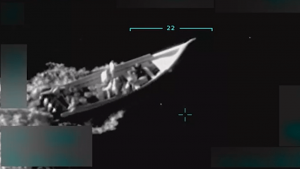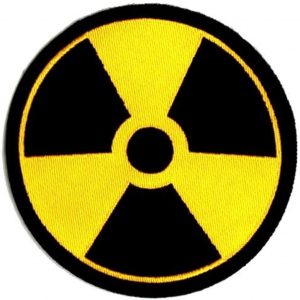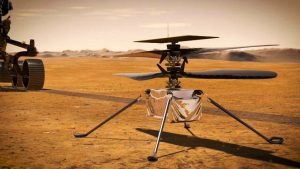China’s 240 kg, six-wheel Mars rover, Zhurong, rolled-off its ramp on 22 May, 2021 to begin its Martian probe.
Zhurong has six instruments, including a camera, and will search for water and any sign of life on the red planet for 90 days.
The Mars lander spacecraft module carrying it successfully touched down on the Martian soil on 15 May, 2021.
A heat shield, parachute and rockets were used to slow it down to a safe landing after it was deployed from Tianwen-1 orbiter, into the Utopia Planitia area of Mars.
China launched the 5-tonne Tianwen-1 orbiter that conveyed the module with the rover to Mars on 23 July, 2020.
Zhurong has sent its first pictures of Mars, through the Tianwen-1 orbiter, before rolling-off a ramp in the module into Martian soil.
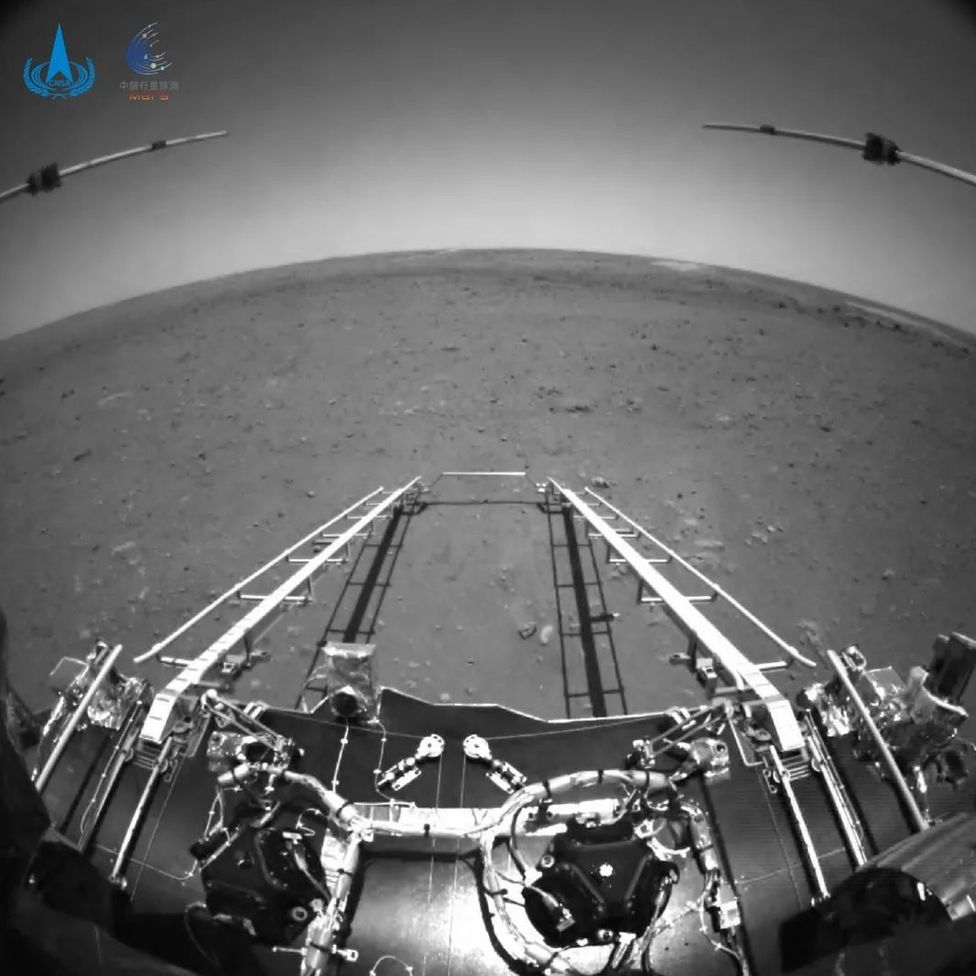
This earned the China National Space Administration a rare congratulatory message from NASA.
The orbiter arrived in February, 2021 as the UAE’s Hope spacecraft and US spacecraft carrying the one-tonne Perseverance rover and Ingenuity Mars’ helicopter that did the first powered flight in Mars, another planet.
A Mars’ landing is not planned for Hope.
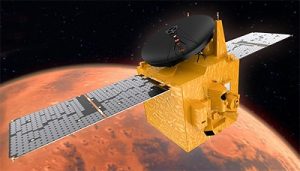
It will only orbit Mars and collect data on its atmosphere.
The Perseverance rover will collect soil and rock samples in the Jezero crater, about 2,000 kilometres from Utopia Planitia, which it will return to Earth in 10 years time.
The Russians were the first to land on Mars in 1971 but the lander, a few minutes after, failed to transmit information.
The US has successfully landed on Mars nine times since 1976.
The European Space Agency’s two spacecraft both crash-landed on Mars.
ESA says it will try again with a rover named Rosalind Franklin in 2022.
China now joins the US as the only two countries that have successfully landed an unmanned spacecraft on Mars.
picture courtesy: nasa, cnsa






